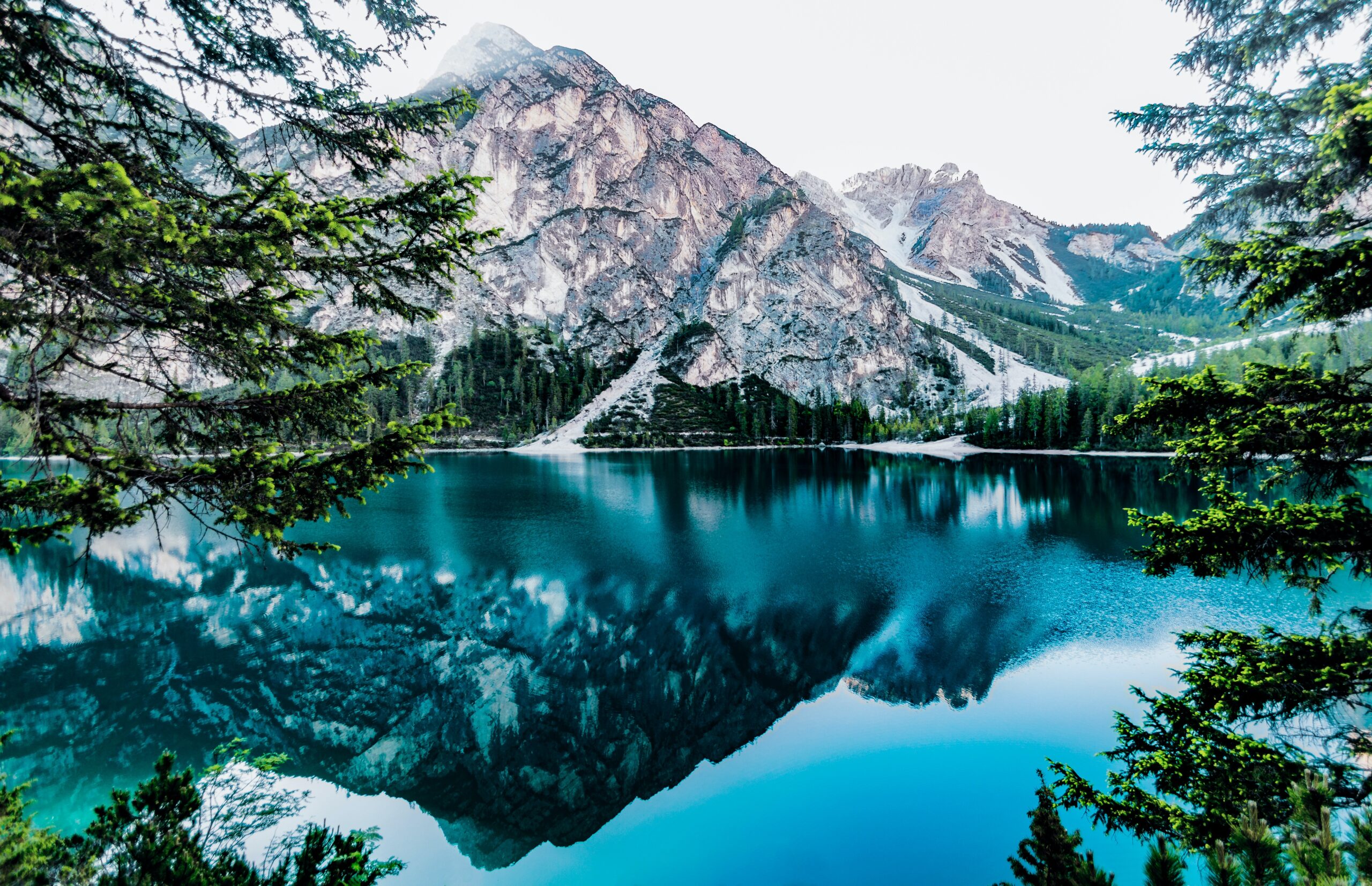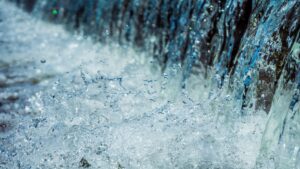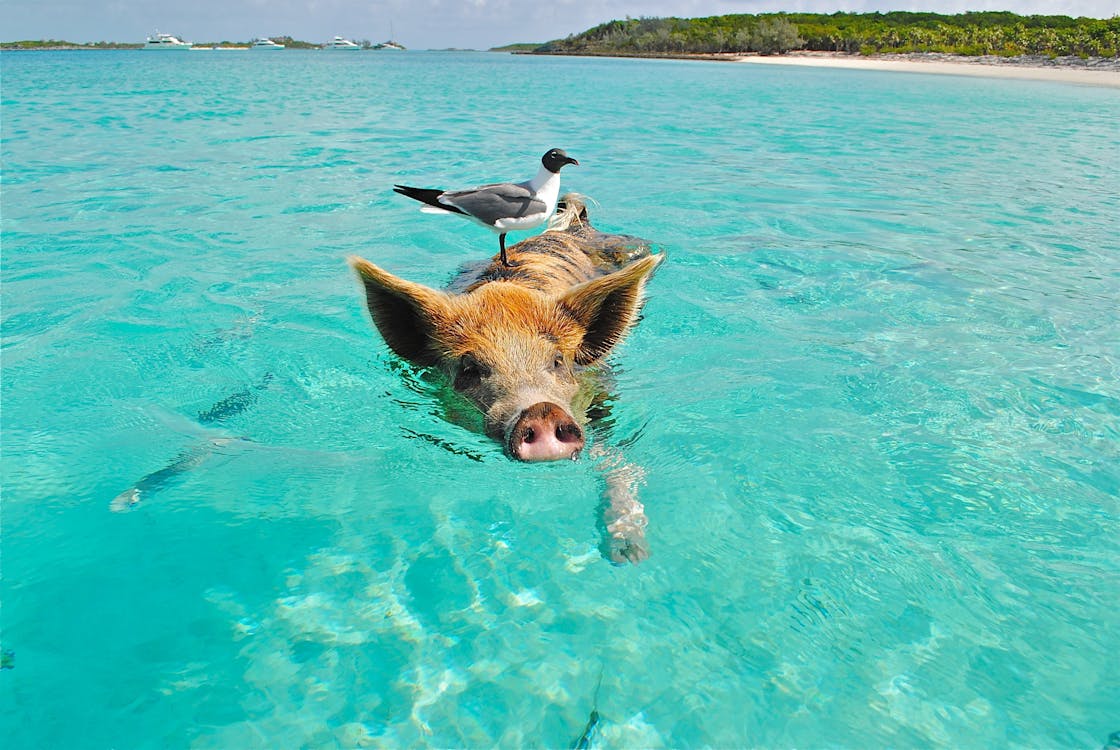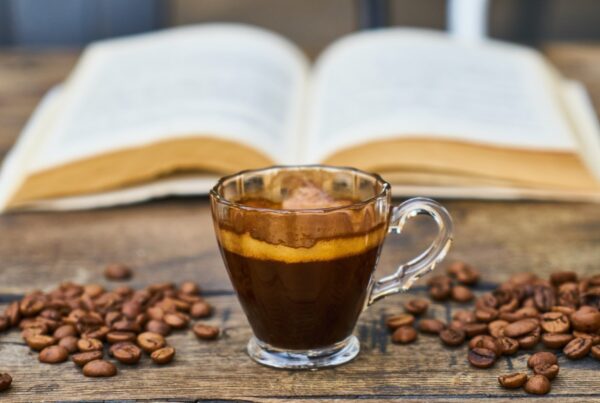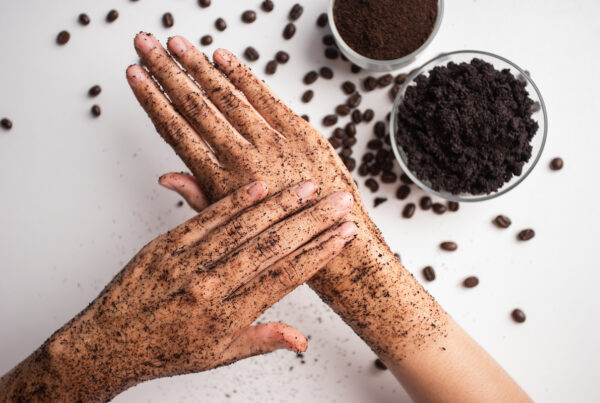Welcome to Week 2!
Get a glass of fresh water and drink it while you read today’s challenge.
Scientifically speaking, water is a dynamic equilibrium between liquid and gas states and it is the most abundant compound on Earth, covering over 70% of the planet.
Water has the power of constant change; when cold, it crystallizes and freezes, when hot, it steams, when touched, it ripples. It makes up between 65% and 78% of our body (depending on age), comprising over 70% of our brain, heart, skin, muscles, kidneys, lungs, and liver. Even 31% of our dry bones are water. The more water we lose, the more we deteriorate and when we are only 50% water, we die. We are water in human form. Being in water can serve as a reminder of our natural human state: flowing, changing, being self-aware and resilient. It is all-pervading and in constant flux.
In many cultures, water is considered holy and paramount to spiritual enlightenment. In Sanskrit, “Narayan” is the name of God in his infinite all-pervading form and translated as “the one who moves in the infinite waters and is also the water itself.” In Hindu sacred texts, Vishnu Narayan, God, is known as a universal form beyond the ordinary limits of human perception seen seated in and part of the water. In Christianity, water is blessed and used to cleanse and purify the body and soul before prayer and serves as a centerpiece for welcoming people to the faith in baptismal ceremonies. In Judaism, Mikvah is a ritual immersion bath of natural water (rainwater or spring) used for the purpose of nullifying impurity.
In addition to its spiritual symbolism, water has long been thought of as an element with medicinal and therapeutic qualities. In 2000 B.C. the Ancient Egyptians practiced bathing rituals in hopes of curing ailments. In the Old Testament people soaked in mineral waters for physical healing. The Ancient Greeks used water as a healing agent. Native Americans sat in sweat lodges as a way of purifying the body and mind.
The modern application of water healing is a practice called hydrotherapy, which originated in 19th century Europe as a method of treating anxiety, pneumonia, and back pain. In the early 1800s, an Austrian farmer named Vincent Priessnitz pioneered the use of water as a treatment for a variety of maladies, often using methods of dipping parts of the body alternately between hot and cold water. While his method was disputed by medical professionals, his “water-cure” was renowned at the time and made him a household name across Europe. Today, hydrotherapy is commonly used as a compliment to traditional hands-on physical therapy. Water helps the body feel weightless and buoyant while providing a natural resistance to movement, making it a perfect medium for rehabilitation and fitness training. Water exercises can help tone muscles, increase range of motion, ease arthritis pain, improve joint flexibility, relieve muscle spasms, decrease inflammation, facilitate low-impact aerobic exercise to support weight loss, and speed up recovery from injuries. Other hydrotherapy techniques and tools include underwater massage, water jets, mineral baths, cold plunge, and hot tubs.
Being in water can also improve emotional health and mental well-being. According to the Centers for Disease Control and Prevention, “Swimming can improve mood in both men and women. For people with fibromyalgia, it can decrease anxiety. Exercise therapy in warm water can decrease depression and improve mood. It can reinvigorate you by nourishing your mind, body, and soul and reminding you that you are healthy and strong.
It is commonly recommended to drink ten glasses of water per day. Water gives us life and has been recognized for its therapeutic properties for centuries.
Week 2 Written Challenge:
What do you like to do in the water? Do you like showers, swimming, surfing, or dancing in the rain? Write down all your favorite activities that involve water. If there is anything you have never done in water that you always have wanted to do, please write it down and commit to completing it within 7 days!
Write down how much water you drink currently and if it’s under 2 liters, get a 2 liter water bottle and fill it up in the morning and finish it by the end of the day.
Listen to this song and close your eyes for a moment of relaxation and meditation:
Before you start your meditation, come into a relaxed sitting position. Start inhaling through your nose and exhaling through your mouth and just calm your mind. Once you feel relaxed, start the music, and repeat the following affirmation:
“I adapt easily like water and I go with the flow.”
Week 2 Action:
Take a shower and finish it with cold water. It will wake you up, boost your mood and increase your heart rate. It will also have a positive effect on your libido!
DAY 2 Gift:
Go to a place where you can enjoy sitting in a hot tub, or swim in the sea or pool for 15 minutes.




